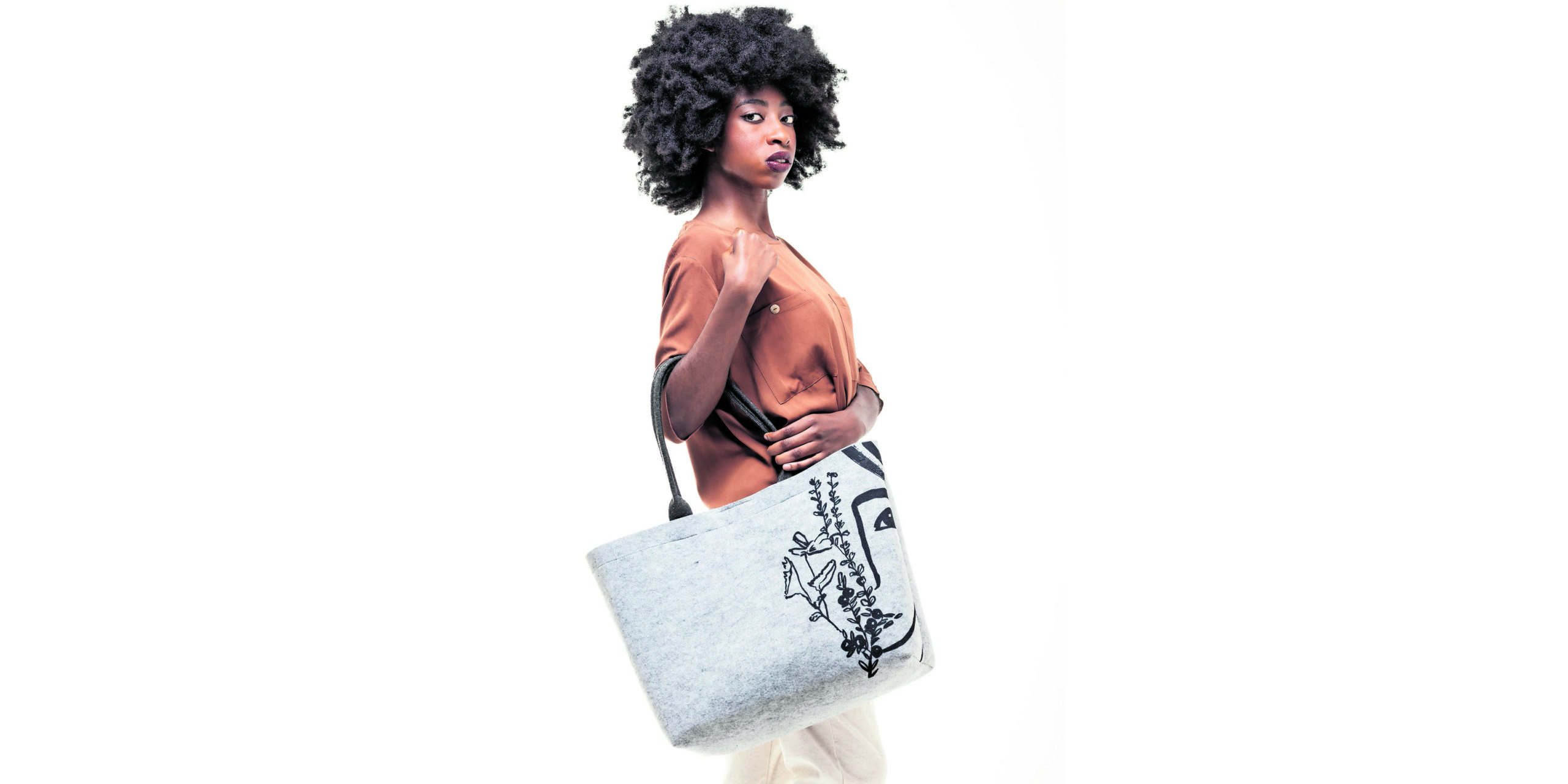Nzeka Biyela has an innovative
The festive season means big business for Nzeka Biyela and Sugarbird, the gin brand that she co-founded with Rob Heyns following an overwhelming, record-breaking response to a crowdfunding campaign for “The People’s Gin” back in 2017.
Not only is this the season to eat, drink, and be merry, but it’s also the ideal weather for a gin-and-tonic — and Sugarbird has made the most of this by producing seasonal gift sets, crackers, gin-filled Christmas baubles and even a Ginvent calendar.
But in the midst of the sparkling celebrations and endless Instagram notifications tagging Sugarbird in posts featuring end-of-year lunches, family celebrations and hotel check-in gifts, Biyela began to wonder about the environmental impact of her product. We caught up with her to hear about her journey to get Sugarbird to Day One of its sustainability journey.

CB: What’s your advice to those who feel overwhelmed by all of the details on the path to becoming a more mindful consumer?
NB: We found it just as overwhelming as anyone would, albeit with the extra pressure of having to share this information with our community. My advice is to take it one step at a time and not try to do it all at once. If you’re not sure, ask, and ask again. Delve a bit deeper so that you can understand it fully yourself.
CB: You describe yourself and your business partner as socially conscious, but what was the moment at which you realised that this is particular was an issue you needed to address and a change you needed to make?
NB: Sugarbird Gin is about three things: innovation, entrepreneurship, and fynbos. From an innovation point of view, this year we had two objectives: reducing our environmental impact and reducing costs to our consumers. We determined which of our activities have a positive impact, which create waste, and where our opportunities for improvement lay. Switching to PET not only reduces waste to landfill but also lowers our carbon emissions by 66%! We partnered with PETCO and learnt more about Extended Producer Responsibility: a way of thinking that puts the responsibility on the producer to manage the disposal of the products they produce. This made us look internally to take responsibility for our output, beyond just making our product.
CB: The Sugarbird Day One Bag Collection works well as a visual, wearable representation of your environmentally conscious endeavours. Why else was it important to you to introduce this part of the process?
NB: We wanted to make sure we close the loop and minimise waste at every point. We couldn’t just end at recycling the bottles: we had to ensure what wouldn’t be recycled back into bottles needed to be down-cycled to something else, to avoid waste going to landfill or landing up in the oceans.
CB: How does Day One align with your positioning as “The People’s Gin”?
NB: Without the people, this initiative wouldn’t be feasible and achieving what it needs to achieve. Day One for Change is a Sugarbird Gin initiative that allows us to make a meaningful and sustainable change within our company to create a better world — and helps us to give the public a way to get involved too.
CB: From what you’ve learned recently, how optimistic are you about South Africa’s potential for positive environmental change?
NB: Very positive: I think South African consumers are a lot more aware and curious.
We’ve learnt the main barrier is the amount of information, and misinformation, out there. Which is why there was a need for our Day One initiative. There’s still more to be done, and the more we educate ourselves and each other, the more changes we can make as consumers.